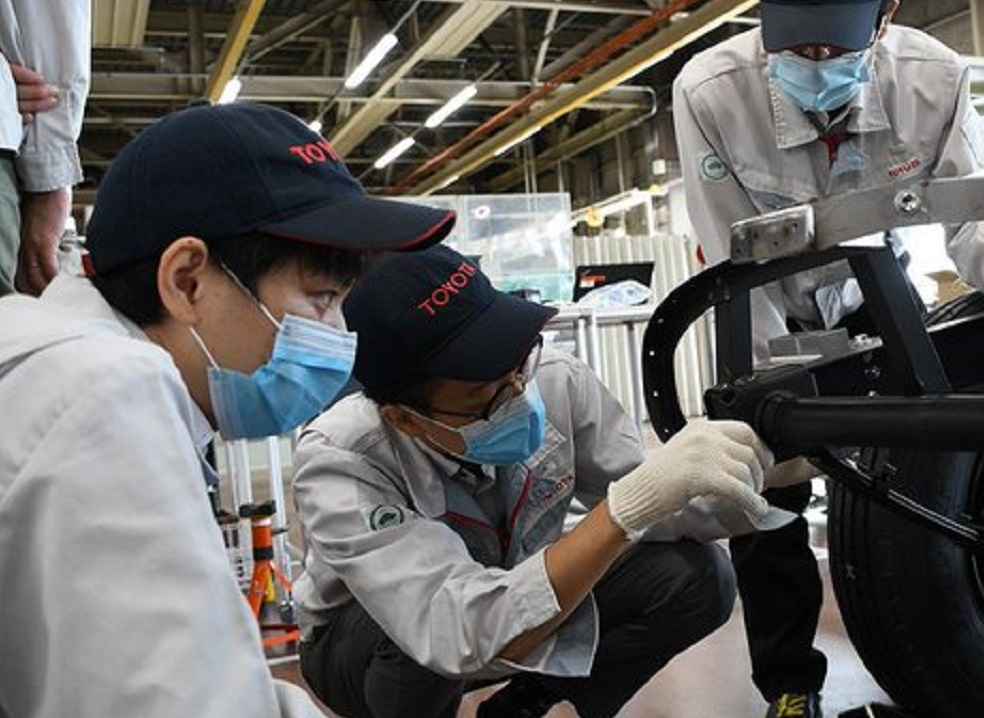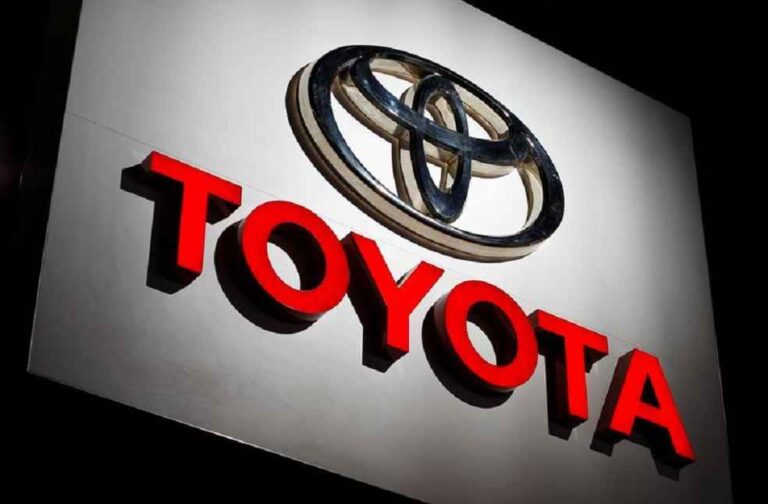Robust labor demands and movements have swept through the global automotive sector, with reports now revealing that Toyota, the Japanese auto giant, is under pressure from its labor union to grant the largest annual bonus in its history.
The Toyota Motors union is set to finalize its demand for a historic bonus in the financial year ending March, aiming for 7.6 months of pay, surpassing the previous high of 7.2 months as reported by Reuters. This demand follows suit with other major automakers such as Tesla, Hyundai, and Honda, which have all increased wages in specific markets after successful strikes and ongoing labor efforts in various countries.

Companies beyond the automotive sector have also announced plans to exceed last year’s wage offerings, a year marked by Japanese automakers, including Toyota, offering their most significant pay raises in 30 years to counter labor shortages and the impact of rising living costs.
The union is expected to make a formal decision on the bonus demand by the end of February, ahead of Japan’s spring wage talks concluding in mid-March. These talks are deemed crucial by the Bank of Japan for sustainable wage growth and addressing inflation concerns.
Toyota anticipates posting record consolidated operating profits of 4.5 trillion yen (~$30.45 billion) for the same period. The trade union is also expected to seek substantial monthly pay hikes, escalating from last year’s bonus equivalent to around 6.7 months of pay.

This news unfolds as Tesla contends with labor challenges in Sweden and the United Auto Workers (UAW), the largest auto union in the U.S., sets its sights on Tesla, Toyota, and others following a successful strike against Ford, General Motors (GM), and Stellantis last year.
As the global automotive industry witnesses a paradigm shift in labor dynamics, the outcome of Toyota’s negotiations will likely serve as a benchmark for other industry players navigating similar challenges on the world stage.
AWJ CHOICE | January 29, World Automobile Day: Why is it today?





